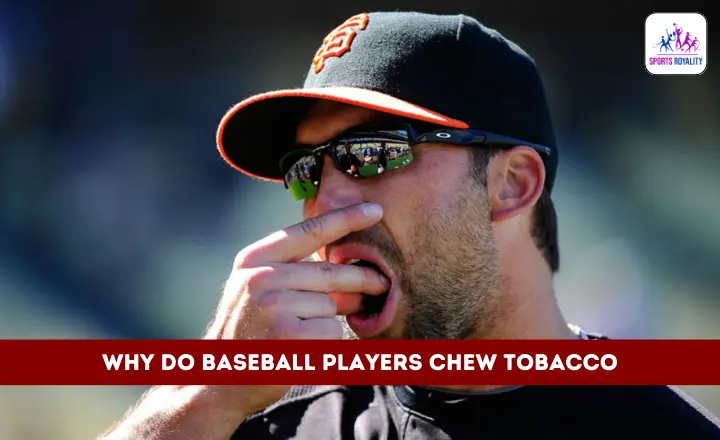Many iconic baseball players have been known to have a little secret tucked away in their cheeks while they play chewing tobacco. But why do these athletes engage in this peculiar habit? Is it just a tradition passed down through generations, or is there some deeper reason behind it?
In this complete guide, we will explore Why Do Baseball Players Chew Tobacco and the fascinating world of baseball players and their love affair with chew, uncovering the historical origins, health risks, and cultural significance of this age-old practice.
Why Do Baseball Players Chew Tobacco? The Most Common Reasons
Baseball and chewing tobacco have been closely linked for decades, but what drives so many players to partake in this habit? While there may be various reasons, a few stand out as the most common motivations behind baseball players’ choice to chew tobacco.
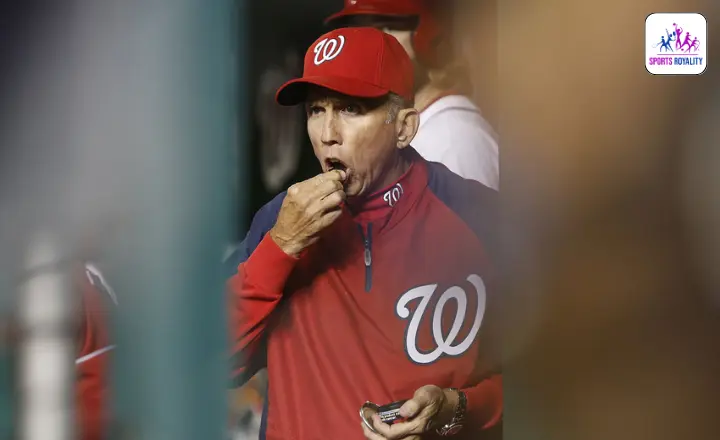
Tradition
Baseball is a sport deeply rooted in tradition, and chewing tobacco has become intertwined with the image of a baseball player. From Babe Ruth to current stars like Bryce Harper, many players have chosen to chew tobacco as a way to connect with the history of their beloved game.
Stress Relief
It’s no secret that baseball can be an incredibly high-pressure sport. With millions of fans watching their every move and intense competition on the field, players often turn to chewing tobacco as a coping mechanism. The act of chewing itself can provide a sense of calm and relaxation during tense moments or between innings.
Energy boost
Long games, intense practices, and grueling travel schedules are all part of being a professional baseball player. Chewing tobacco contains nicotine, which acts as a stimulant by increasing heart rate and providing an energy boost. Some players turn to it for its perceived ability to enhance focus and performance on the field.
While these may be the main reasons why some baseball players choose to chew tobacco, it’s important to note that this habit comes with significant health risks. It can lead to oral cancers, tooth decay, gum disease, addiction, and other serious health issues. The MLB has taken steps in recent years toward discouraging this practice.
Peer Pressure and Camaraderie
Baseball players spend countless hours together in locker rooms, dugouts, and on road trips – creating a strong bond among teammates. Chewing tobacco often becomes a communal activity that fosters a sense of belonging within the group.
The act of sharing tins or packs of chewing tobacco can establish solidarity among team members and create an atmosphere where everyone feels included.
Myth of toughness
One of the main reasons why baseball players chew tobacco is the belief that it enhances their image as tough and gritty athletes. This perception dates back to an era when chewing tobacco was associated with cowboys, soldiers, and rugged individuals who could handle adversity.
By adopting this habit, ballplayers hope to convey a sense of resilience and fearlessness on the field.
The History of Chewing Tobacco: The Culture of Smokeless Tobacco
Chewing tobacco has a long and intricate history, spanning centuries and cultures around the world. Its use dates back to ancient civilizations, with evidence of its consumption found in the remains of mummies from as early as 1000 BC.
It was seen not only as a form of leisure but also for medicinal purposes, believed to cure ailments such as toothaches or digestive issues.
As European explorers set sail to discover new lands, they encountered indigenous peoples who practiced the art of chewing tobacco. The Native Americans were adept at growing and processing tobacco leaves, which they used in various ceremonial rituals and social gatherings. This encounter would eventually lead to the introduction of chewing tobacco to Europe and beyond.
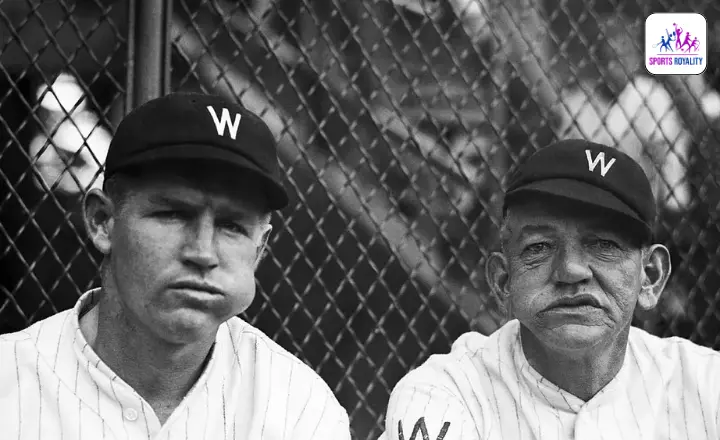
The cultural significance of chewing tobacco evolved. In America during the colonial era, it became more widespread among ordinary citizens rather than solely being associated with ceremonial or medicinal purposes.
Chewing tobacco became synonymous with Southern culture during this era and continued to hold strong roots there even into modern times.
The history of chewing tobacco is an ever-evolving story that intertwines various cultural practices and beliefs throughout centuries. From its origins in ancient civilizations and indigenous cultures through its journey across continents due to European exploration, it has left an indelible mark on societies worldwide.
Today, we can not only appreciate this culture but also acknowledge how it has influenced contemporary habits regarding smokeless tobacco in different parts of the globe.
The Consequences of Use of Chewing Tobacco
Chewing tobacco, also known as smokeless tobacco, has long been touted as a safer alternative to smoking. The consequences of its use can be just as devastating. One of the most significant and immediate effects is an increased risk of oral health problems. Some Are given below;
Oral cancer
The most severe is the increased risk of developing oral cancer. The insidious nature of this habit lies in its ability to silently wreak havoc inside the mouth.
Chewing tobacco delivers a potent cocktail of carcinogens directly to sensitive areas like the gums and cheeks, causing profound damage over time. Studies reveal that long-term users are at a significantly higher risk of developing oral cancer than non-users.
Oral cancer not only affects physical health but also has an immense impact on quality of life. Patients often face painful treatments like radiation therapy or surgery, which can result in disfigurement or loss of the ability to speak clearly or eat comfortably.
These treatments are emotionally devastating, taking an immense toll on mental well-being. It is crucial to understand that the repercussions of chewing tobacco extend far beyond stained teeth and bad breath; they have potentially life-altering consequences that no one should underestimate.
Salivary Gland Cancer
Studies have shown that individuals who consistently use chewing tobacco are more likely to develop cancer in their salivary glands compared to non-users, even players who spit tobacco.
This can be attributed to the harmful chemicals found in chewing tobacco, such as nitrosamines and polycyclic aromatic hydrocarbons, which have been linked to the development of cancerous cells.
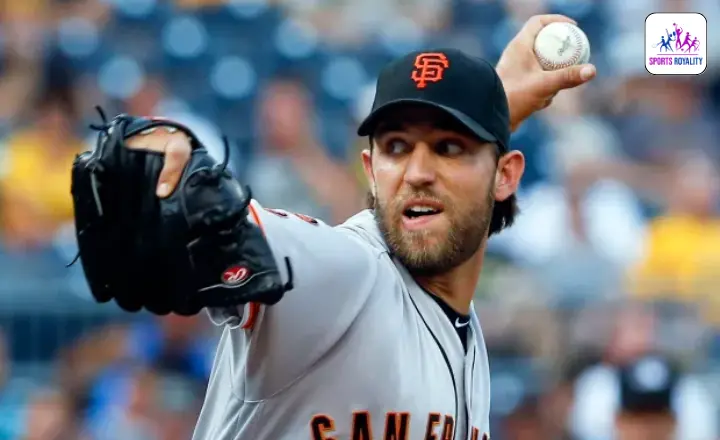
Salivary gland cancer is a serious condition that can have long-lasting effects on an individual’s health and well-being. In addition to causing physical pain and discomfort, this type of cancer can also lead to difficulty speaking, swallowing, and even breathing.
The treatment for salivary gland cancer often involves surgery, radiation therapy, or a combination of both, which can further impact a person’s quality of life.
Heart Disease
One of the most alarming consequences of using chewing tobacco is the increased risk of heart disease. Studies have shown that individuals who chew tobacco are more likely to develop high blood pressure, a major risk factor for heart disease.
The nicotine in chewing tobacco can constrict blood vessels and raise blood pressure levels, putting excessive strain on the heart. This constant stress on the cardiovascular system can lead to a variety of serious health conditions, such as coronary artery disease and even heart attacks.
The harmful chemicals present in chewing tobacco can also contribute to the development of plaque in the arteries. This buildup narrows the arteries and restricts blood flow to vital organs, including the heart. Reduced blood flow deprives these organs of oxygen and nutrients, increasing the chances of developing various cardiovascular problems.
It is crucial to understand that chewing tobacco not only affects oral health but has profound implications for overall well-being by significantly raising one’s susceptibility to heart disease.
More Harmful Than Smoking
One of the primary reasons why chewing tobacco is considered more harmful than smoking is due to its high nicotine content. When placed in the mouth, chewed, or snuffed, nicotine is released into the bloodstream at higher levels compared to smoking. This leads to an increased risk of addiction and dependency on tobacco.
Prolonged use of chewing tobacco exposes individuals to other hazardous substances such as formaldehyde and arsenic, known carcinogens that can lead to various forms of cancer, including mouth, throat, and tongue cancer.
The constant contact between the toxic chemicals in smokeless tobacco and delicate gum tissues creates a breeding ground for decay-causing bacteria. Not only does this result in bad breath and stained teeth, it increases the likelihood of developing gum disease, which can eventually lead to teeth loss.
These oral health consequences are often overlooked when discussing the dangers associated with chewing tobacco, but they should not be underestimated.
The Banning of Tobacco
The banning of tobacco in baseball has long been a contentious issue, with debates rife among players, coaches, and fans alike. While some argue that chewing tobacco is deeply ingrained in the history and culture of America’s pastime, others contend that it sets a dangerous example for young aspiring athletes. Beyond these well-trodden arguments lies a deeper perspective on why the ban is necessary.
It is important to consider the health risks associated with tobacco use. Chewing or dipping tobacco increases the risk of various oral cancers and other serious health problems.
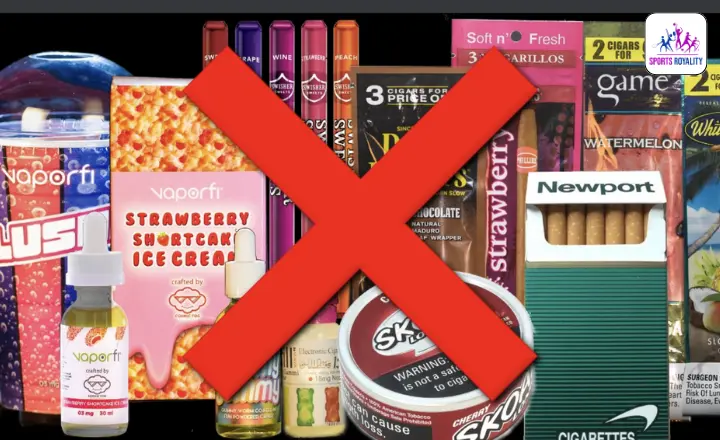
The league is sending a powerful message about prioritizing player health and setting a positive example for younger generations who look up to these athletes.
The image of baseball as a sport can be greatly impacted by players seen engaging in this habit. It raises questions about professionalism and undermines efforts to promote healthy lifestyles among athletes.
By banning tobacco in baseball, we are not only safeguarding player well-being but also reinforcing the values that this beloved sport represents: discipline, athleticism, and respectability.
Alternatives of Tobacco
There are alternatives available for individuals seeking to move away from traditional tobacco use. It’s essential to approach these options with caution and remain aware of the potential challenges they may pose.
Chewing gum
Chewing gum provides a sensory experience similar to smoking, as it keeps the mouth busy and creates a habit-forming routine without any harmful effects on health. Moreover, some chewing gums have additional benefits like whitening teeth or freshening breath, making them an even more appealing choice for those seeking alternatives to tobacco.
Beyond its immediate appeal, chewing gum has been found to offer various physical and psychological benefits for those trying to quit smoking. Firstly, it provides oral stimulation that can help reduce withdrawal symptoms such as anxiety or restlessness.
By keeping the mouth engaged with chewing gum instead of cigarettes, individuals are less likely to feel the urge to reach for tobacco products. Research suggests that certain types of chewing gum containing nicotine can aid in gradually reducing nicotine dependency over time a particularly useful tool for smokers who wish to wean themselves off their addiction gradually.
Vaping
One alternative to tobacco that has gained significant popularity in recent years is vaping. Vaping involves inhaling and exhaling vapor produced by an electronic cigarette or similar device.
What sets vaping apart from smoking traditional cigarettes is that it doesn’t involve burning tobacco, which eliminates much of the harmful smoke and chemicals. While research on the long-term effects of vaping is still ongoing, many experts believe it to be a safer option compared to traditional smoking.
Herbal Cigarettes
An alternative that has gained attention is herbal cigarettes. These cigarettes are made from a blend of herbs, such as chamomile, mint, and passionflower, which are often flavored with natural extracts like vanilla or honey.
Herbal cigarettes provide smokers with a similar experience without the addictive nicotine found in tobacco cigarettes. It’s important to note that while they may be less harmful than tobacco cigarettes in some aspects, herbal cigarettes still produce tar and carbon monoxide when burned.
Sunflower Seeds
Sunflower seeds might seem like an unlikely alternative to tobacco, but they are gaining popularity as a healthier and safer substitute. Not only do these tiny seeds provide a satisfying crunch, but they also offer various health benefits.
Packed with essential nutrients like vitamin E, magnesium, and selenium, sunflower seeds promote heart health and boost the immune system. Their natural richness in antioxidants helps reduce inflammation in the body.
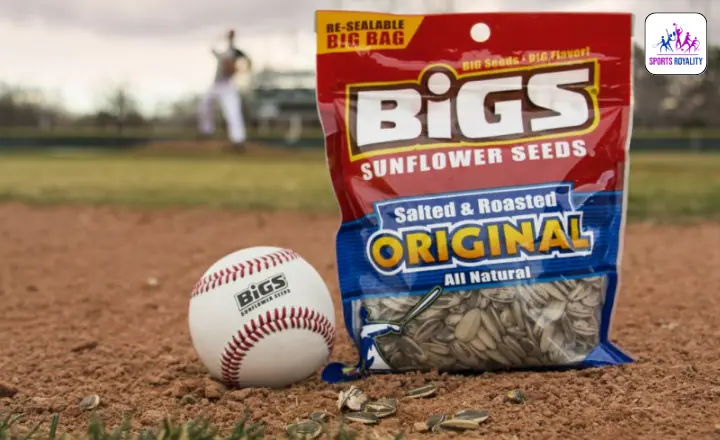
Many people have found that chewing sunflower seeds satisfies the oral fixation that often accompanies the habit of smoking or using smokeless tobacco products. The act of cracking open each shell and extracting the seed can provide a similar sense of satisfaction as lighting up a cigarette or dipping snuff.
Chewing on sunflower seeds can help ease stress and anxiety without exposing oneself to harmful chemicals present in tobacco products. Next time you feel the urge for nicotine, consider reaching for a bag of nutritious sunflower seeds instead!
Grinds
Grinds have emerged as a fascinating alternative to tobacco, captivating the interest of health-conscious individuals seeking a less harmful option. Available in various forms, such as coffee grinds, herbal snuff, and nicotine-free pouches, these products provide a unique sensory experience without the detrimental effects associated with tobacco.
In addition to offering an opportunity to satisfy cravings for nicotine or oral fixation habits, grinds offer a safer way to enjoy the act of chewing or snuffing.
Coffee grinds specifically stand out as an enticing alternative due to their refreshing aroma and flavor profile. For coffee enthusiasts who are also looking to quit smoking or reduce their consumption of tobacco, switching from cigarettes to coffee grind pouches can be a great first step.
Not only does it mimic the feeling of having something in your mouth, but it also provides an energy boost without any harmful additives commonly found in cigarettes.
Conclusion
In the above blog, we have discussed the reasons why do Baseball Players Chew Tobacco. The tradition of baseball players chewing tobacco can be traced back to the early days of the sport. While it was once seen as a way to cope with stress and enhance focus on the field, it is now recognized as a harmful and addictive habit.
The dangers of tobacco use are well-documented, with numerous health risks associated with long-term consumption. Major League Baseball has taken steps to discourage its use, implementing bans in certain areas and promoting awareness campaigns.
FAQs
What is the dip?
Dip is a form of smokeless tobacco that comes in moist or dry form and is placed between the lower lip or cheek and gums. It typically contains nicotine and other harmful chemicals.
Is dip illegal in MLB?
No, the use of smokeless tobacco, including dip, is not illegal in Major League Baseball (MLB). It has been banned for all new players entering the league since 2017.

